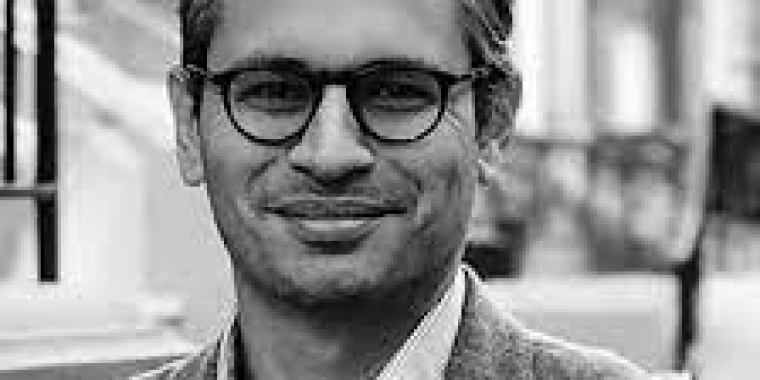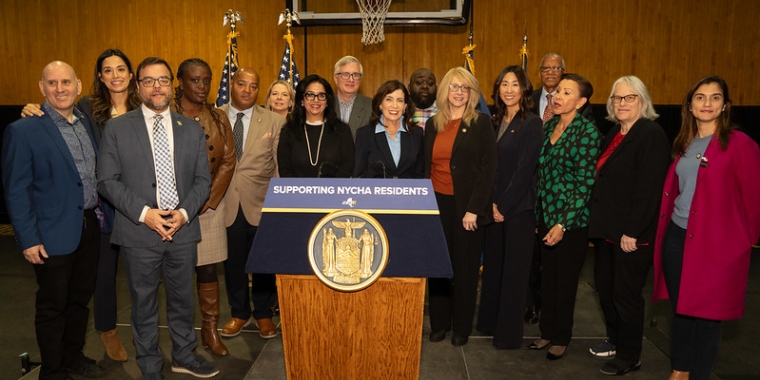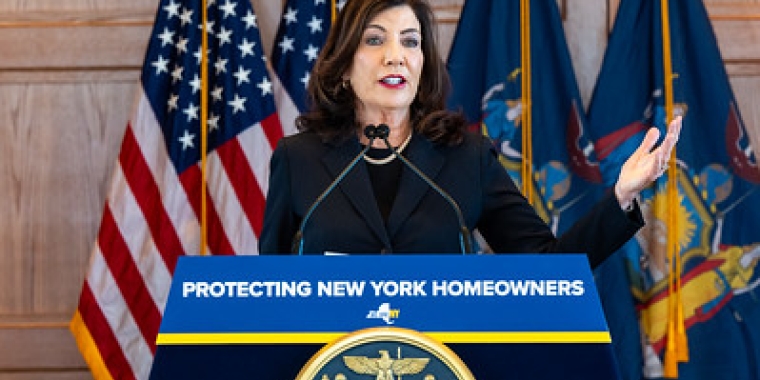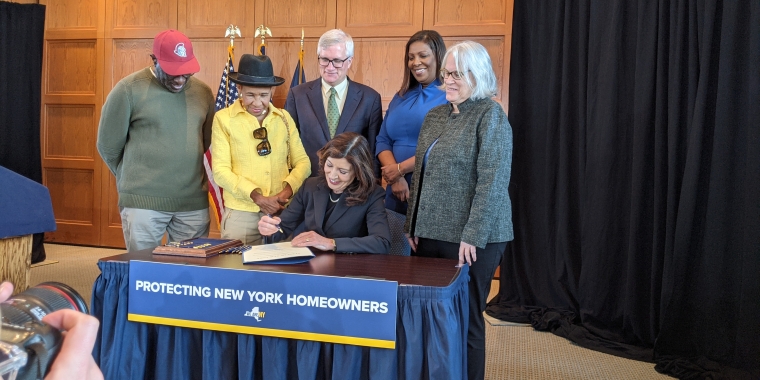Senators Persaud & Kavanagh Hold Joint Public Hearing To Examine Issues Related to Homelessness, Housing Insecurity & Affordable Housing, and Identify Potential Legislative Remedies
February 6, 2020
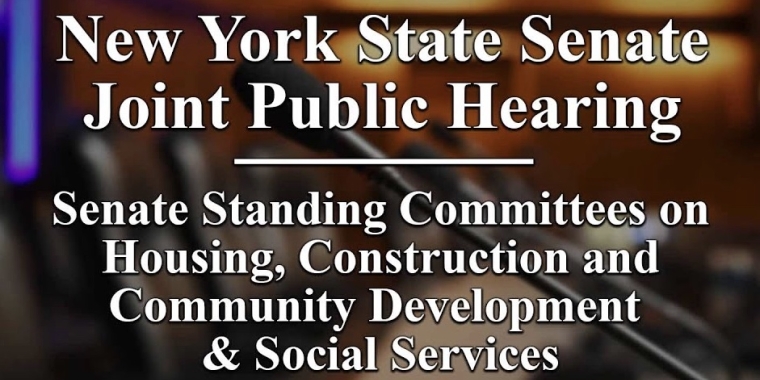
(New York, NY) – Senator Roxanne J. Persaud, Chair of the NYS Senate Social Services Committee and Senator Brian Kavanagh, Chair of the NYS Senate Committee on Housing, Construction and Community Development, held a joint public hearing entitled, “Examining Issues Related to Homelessness, Housing Insecurity and Affordable Housing, and Identifying Potential Legislative Remedies.”
The Senators received oral and written testimony from nearly 30 community-based organizations including civil legal service providers, housing advocates, tenant and landlord organizations, as well as individuals with direct personal experience navigating housing and homeless services.
“As we are in full swing with the FY 2020-2021 State budget negotiations, the invaluable testimony provided by these organizations and advocates will help the Senate work to address the housing crisis across our entire State,” said Senator Persaud (SD-19). “We cannot wait any longer as affordable housing dwindles and New York families are forced into shelters or the streets.”
“On Friday, our Committees had the opportunity to hear from those on the front lines of homelessness and housing insecurity,” said Senator Brian Kavanagh (SD-26). “As the testimony demonstrated, far too many New Yorkers experience homelessness and the consequences of housing instability for individuals, families, and society as a whole are far reaching. Fortunately, we also heard about workable solutions that could promptly begin to improve the situation, including support for bills our Committees are considering to provide rental subsidies to get people into stable, permanent housing. I thank the organizations and individuals who shared their stories and Senator Persaud for her great leadership in this area. I look forward to continuing our work together to ensure that no New Yorker is denied access to safe, permanent housing because of a lack of financial resources.”
###
Share this Article or Press Release
Newsroom
Go to Newsroom